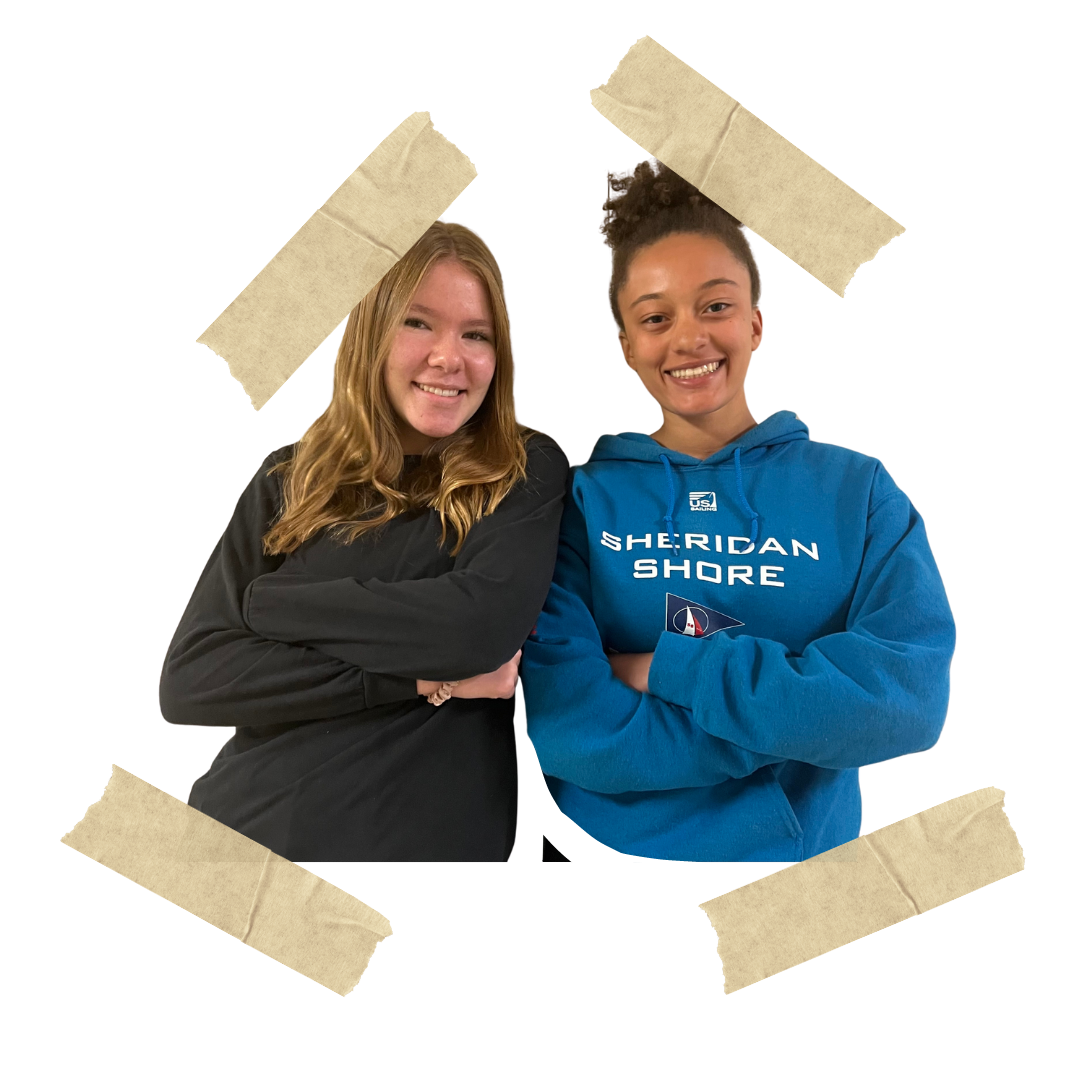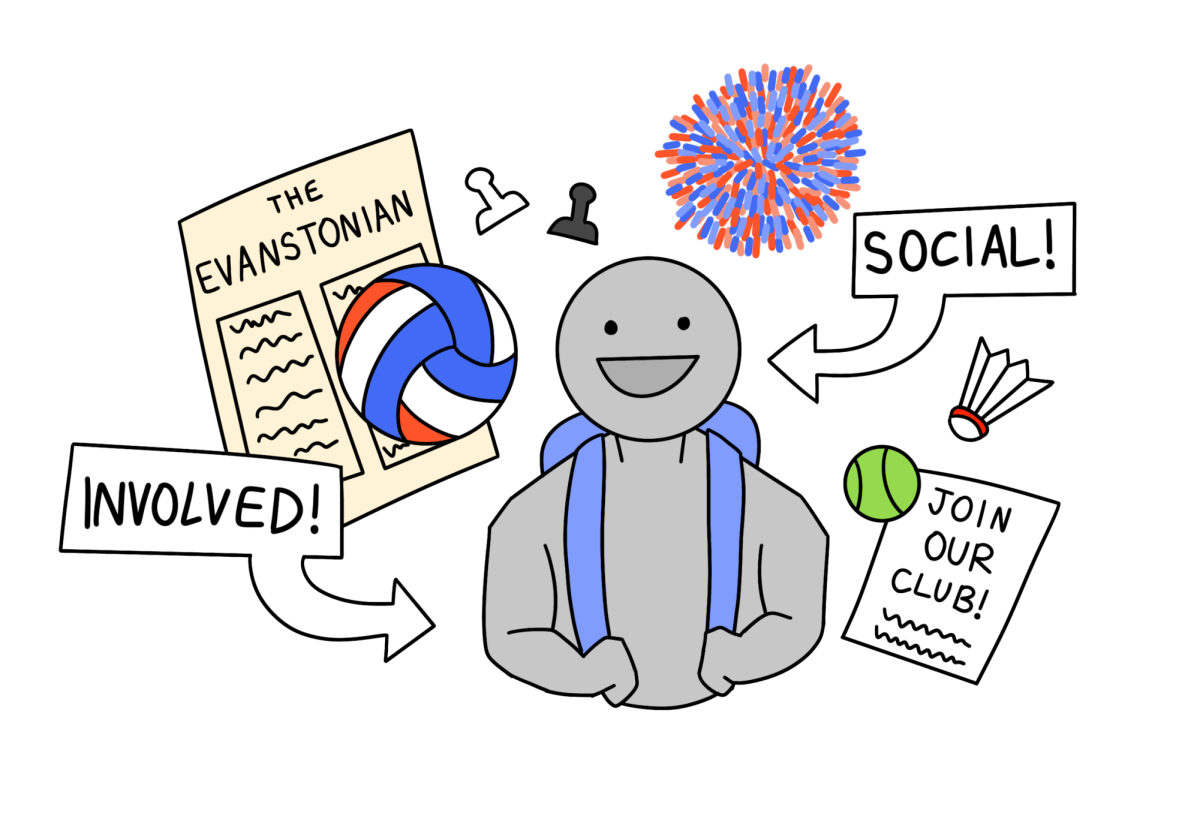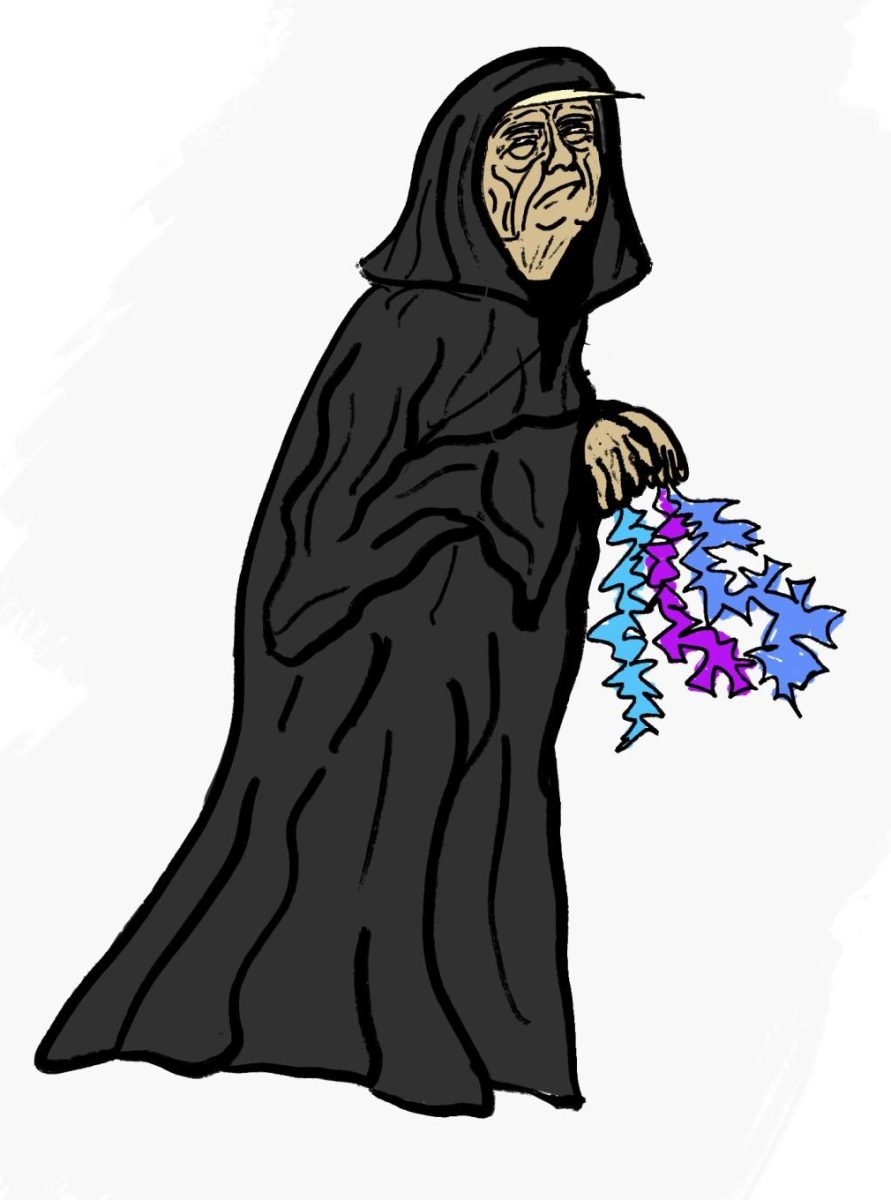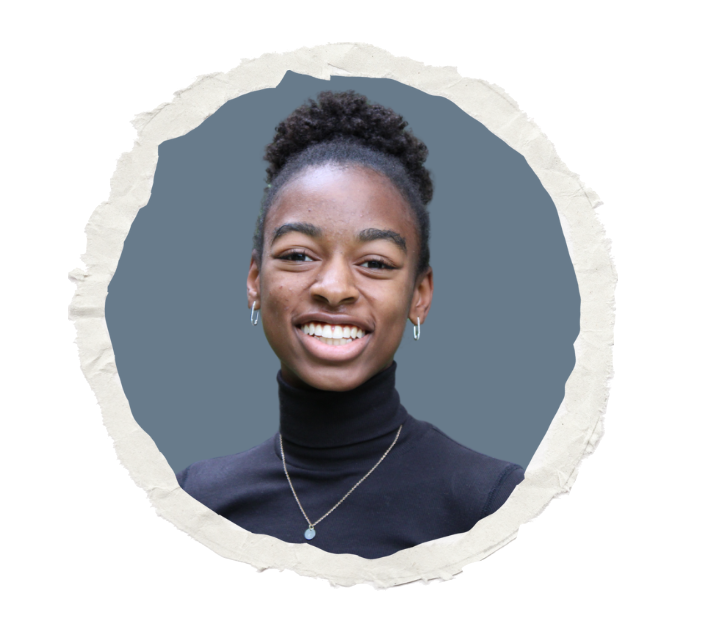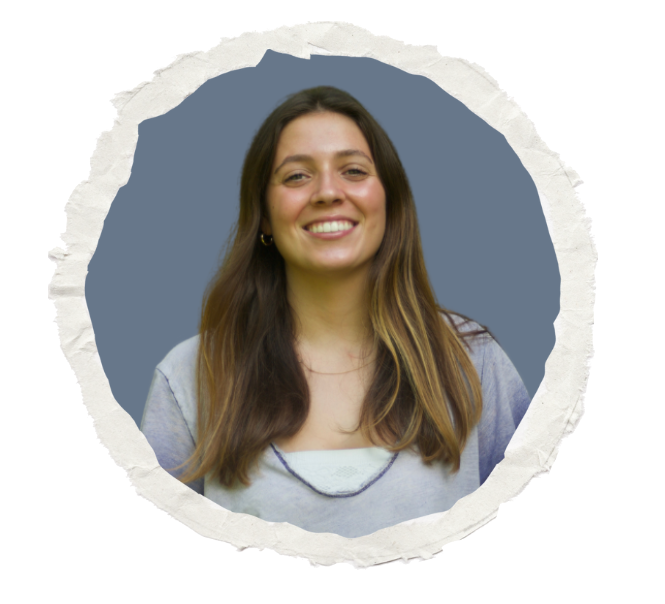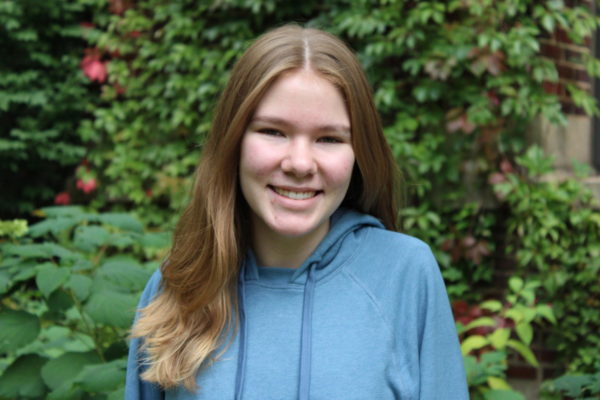It’s the first day of school, a blistering 85 degrees in the middle of August. Usually, people have some sort of excitement for the first day, excited to see old friends and meet new people. Yet, for those who have alternate pronunciations for their name, the first day can be a sort of nightmare. I can remember this moment clearly: I’m sitting in my first period class, the first of eight, while the teacher is taking attendance. My name is almost called. Thump. Thump. Thump. The sound of my heartbeat, as my social anxiety causes me to dread what is coming. They finish the last name R’s, and the moment is here. My teacher stops, almost an attempt to collect their thoughts before they attempt my name. The pronunciation of my name begins. Here we go. [EE-va SON-DER-GROTH] is mumbled out of their mouth, not entirely sure it’s correct, which it’s not. After some polite correction, I’m sure that I’ll be called my name [A-va] in a short while. But hey, I’ve been in school for almost 12 years at this point, and I would be lying if I said that I didn’t expect at least some adjustment to my name.
Growing up in a Mexican-American household, my name has two very different pronunciations, varying with either side of my family. With my mom and those who speak Spanish in my family, my name is pronounced [EH-va] and it’s technically a derivative of Eve from the Bible while embodying the Latina version, symbolizing “life” and “to breathe.”
However, with the white side of my family and everyone in school (a couple times after they meet me, of course), my name is [A-va], and I’ve been accustomed to saying, “Like Ava with an E” when interacting with new people. Growing up with countless teases about my name, I’ve disliked it almost all of my life. It has always been something that I wished to change, especially when I was younger. Elementary schoolers aren’t always the nicest, and some couldn’t come to terms with the fact that my name looked like [EE-va] but was pronounced like [A-va].
When writing this column, I took a deep exploration into my name with my parents. Both my mom and dad had told me that they were set on the name SOUNDING like Ava, and that’s what it was initially supposed to be. But, with my middle name being the Sophia that I share with my grandma and aunt combined with my last name of Sondgeroth, one can see how my initials might be problematic. So, thanks Mom and Dad for sparing me on that one.
For fellow senior Eva [EH-va] DeCastro, the anxiety on the first day of school that I possess isn’t something that we share. After moving to Singapore halfway through her junior year for six months, the mispronunciation of Eva is something that she has dealt with consistently. “[In] Singapore, and in a bunch of Asian languages, they don’t have the V sound,” DeCastro reflects. “Everyone would call me Ewa [EH-wah] when reading my name. I just got used to it.” Whereas in the United States on the first day of school, “new teachers had trouble pronouncing my name. I always found it funny—I was never scared of it; I always knew it was coming”.
When I first met Eva earlier this year, our conversation started with me introducing myself and her implying that I pronounce my name wrong, even going as far as to say, “Wrong Eva.” Not knowing if she was joking or not, I made a little joke before I realized she was kind of serious. From then on, I took on a slogan, one so prominent that I made it the headline of this story. Even when I started to write this column and needed her interview about MY name for MY column, Eva stood by her words. “There are certain individuals at this school, not naming names though, ” as she looked at me, “that don’t pronounce their name correctly,” Harsh, Eva. Just harsh.


